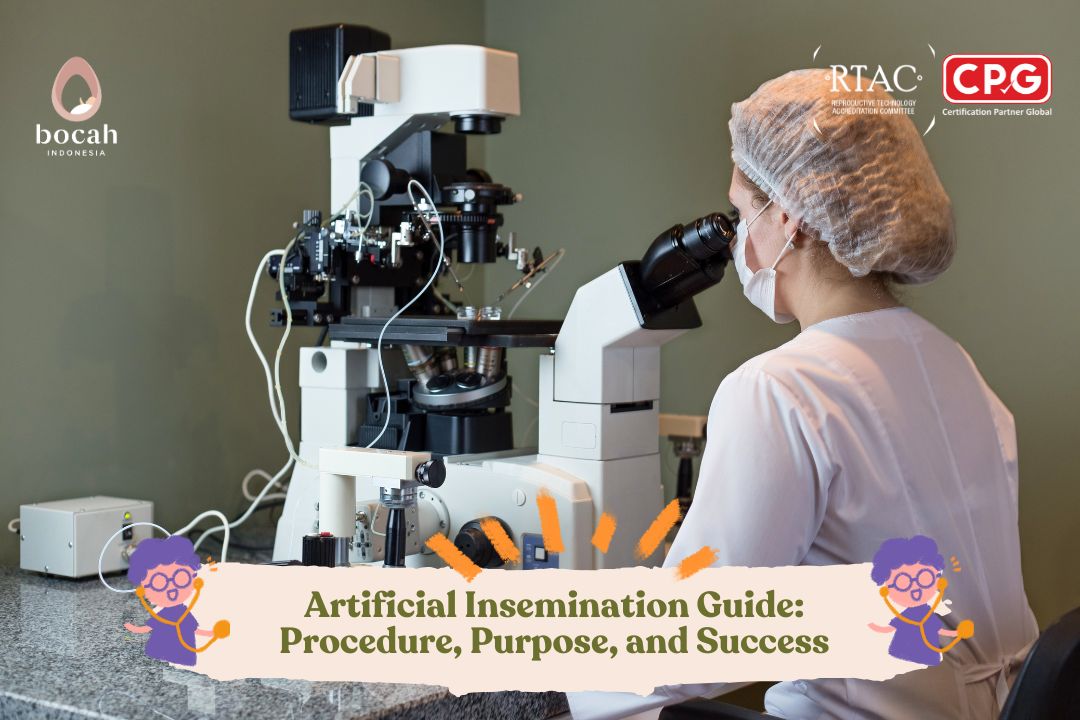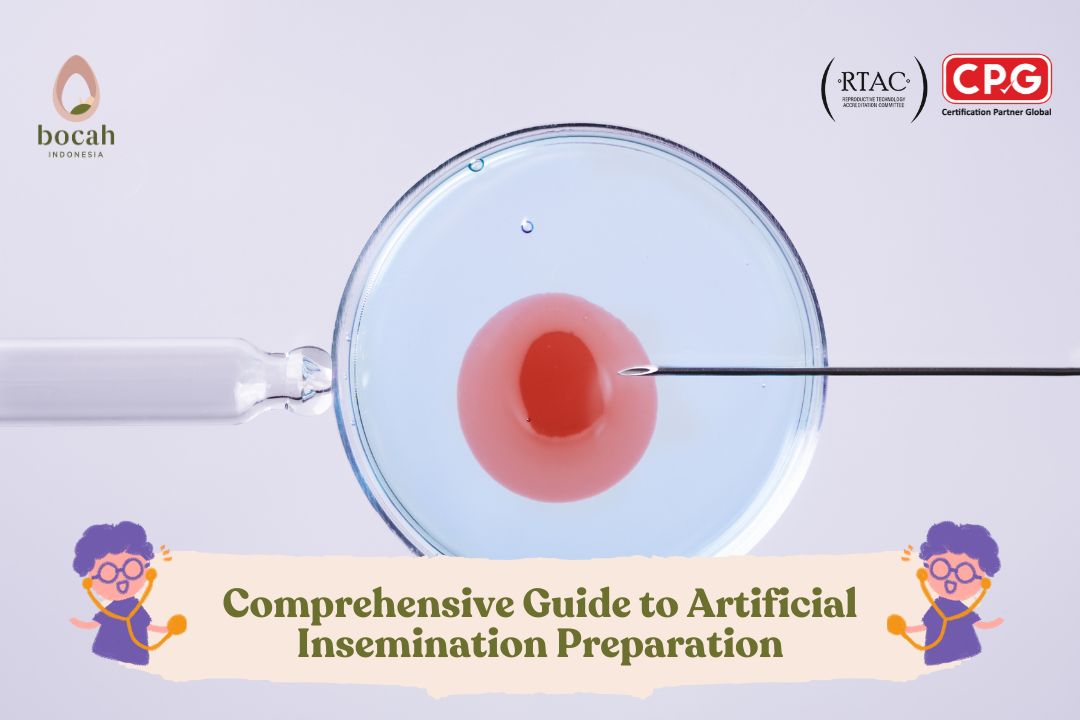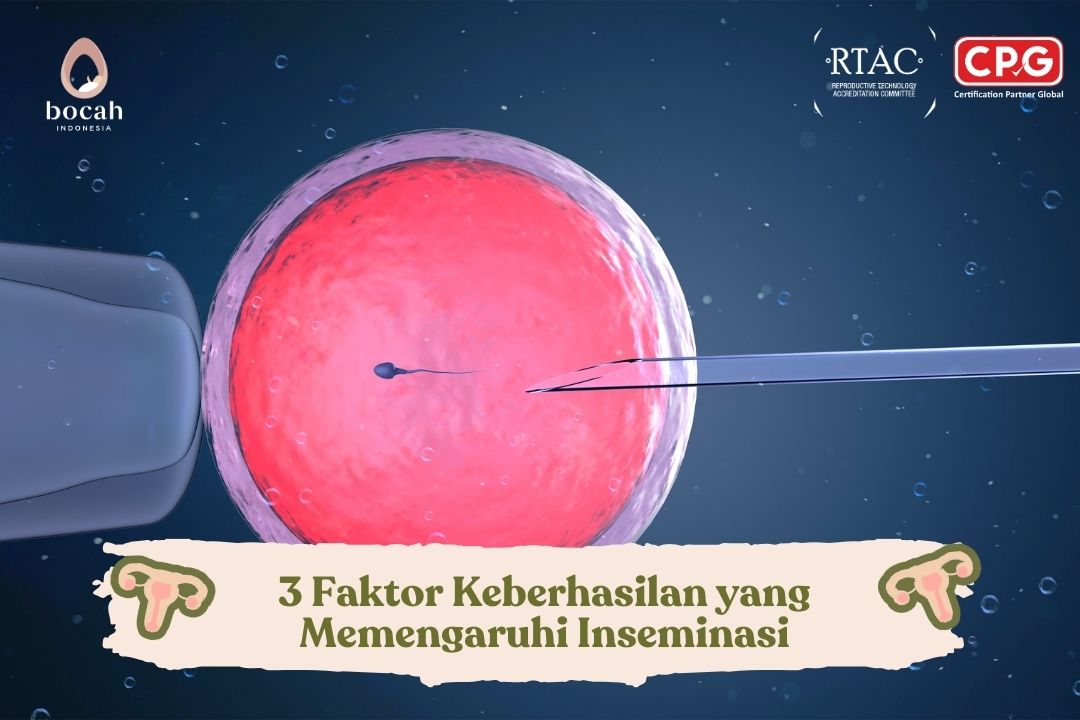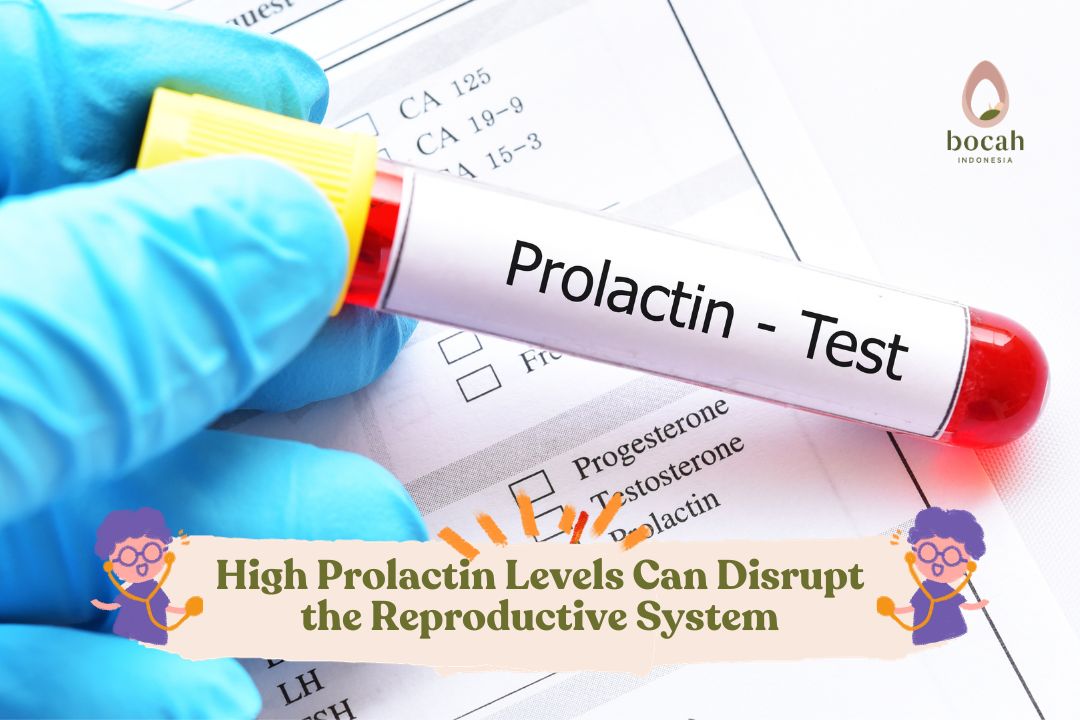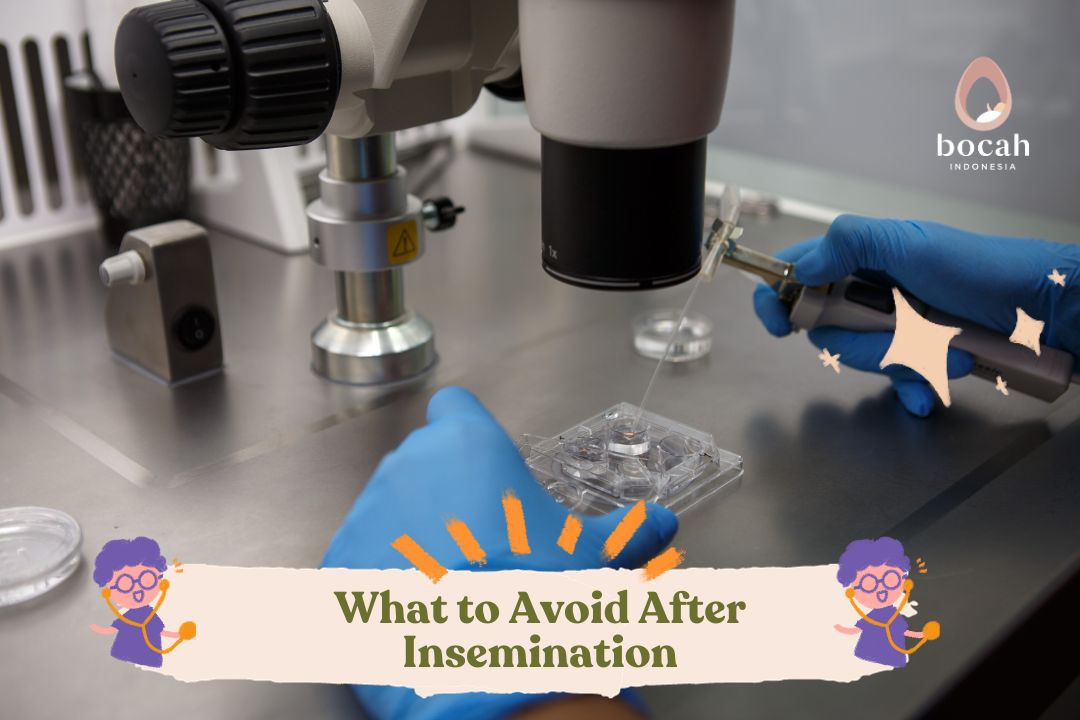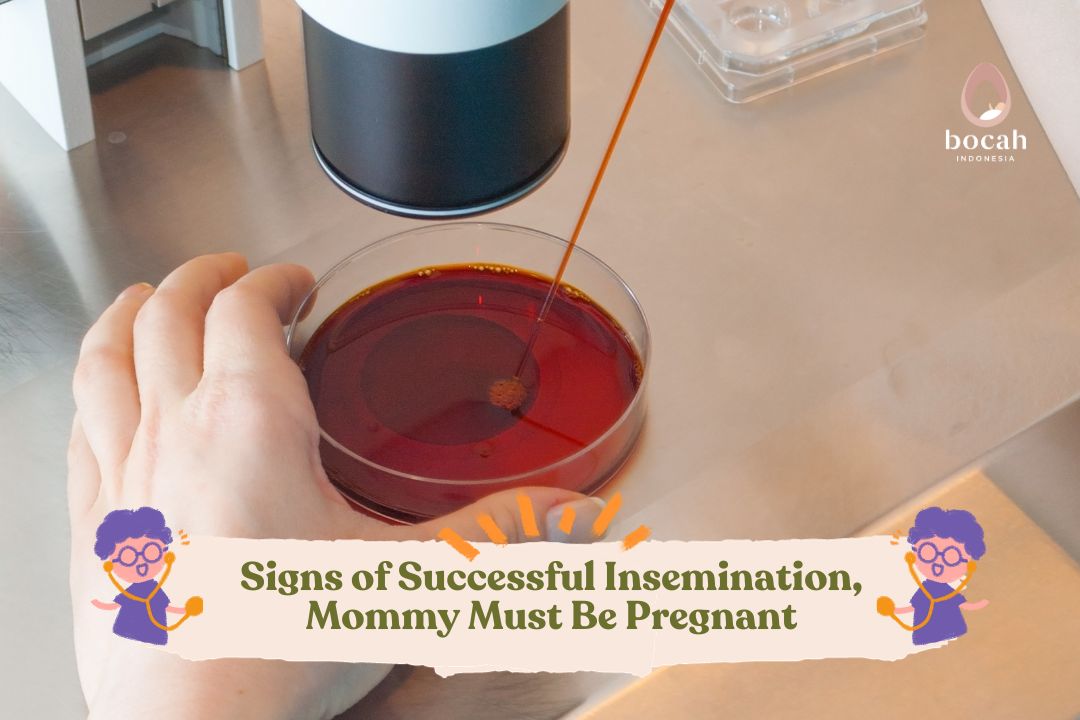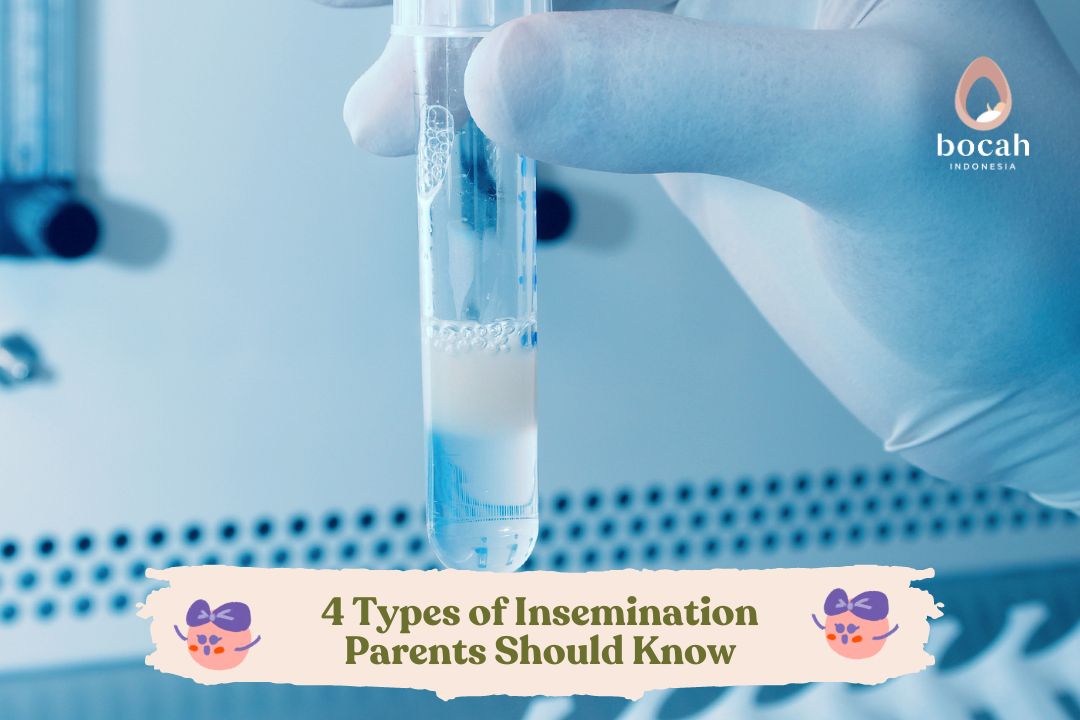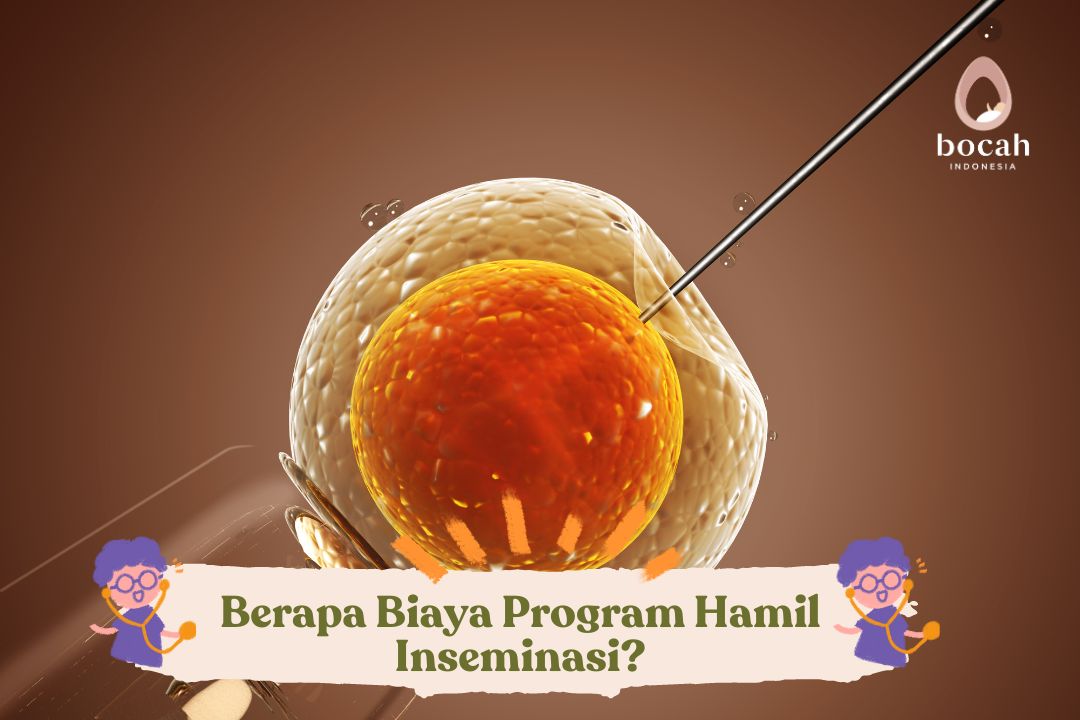Insemination Requirements for High Chance of Success
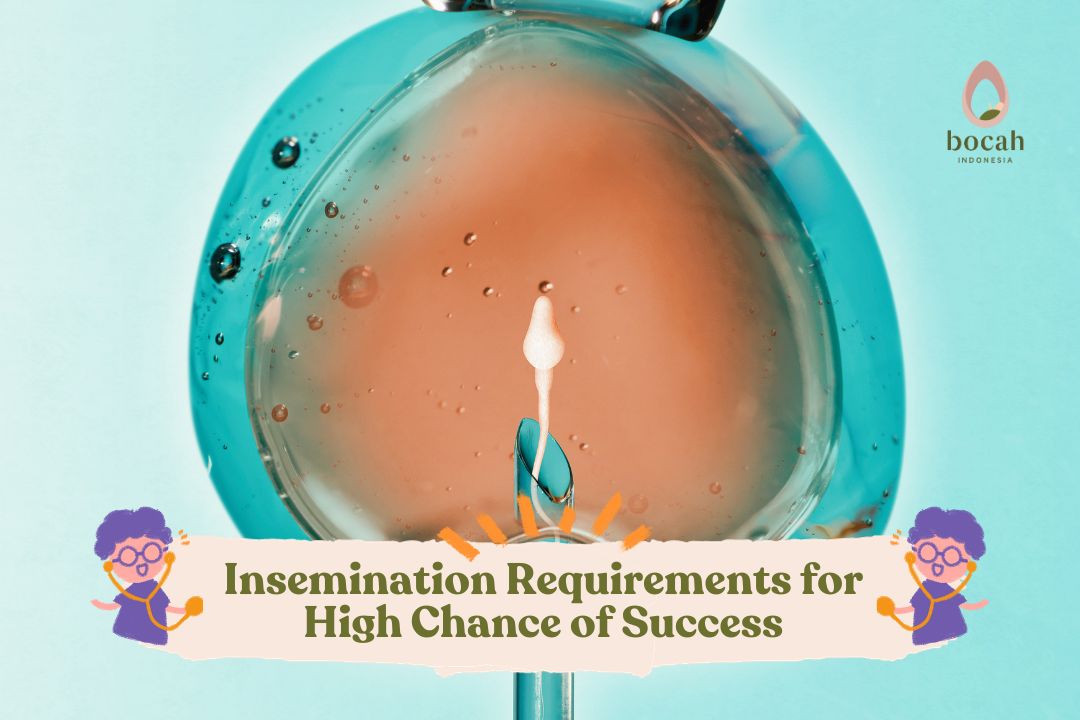
Insemination is a method of introducing sperm into a woman’s uterus. The sperm is then guided to reach the egg for fertilization to occur.
Insemination for pregnancy is often chosen as an alternative for couples who have not been successful in achieving pregnancy naturally. This procedure is intended to increase the chances of a successful pregnancy.
Insemination involves introducing sperm into the uterine cavity. It is usually chosen for couples with specific indications. As one of the assisted reproductive technology (ART) programs, there are certain requirements to be met when planning for insemination.
According to Dr. William T. Wahono, Sp.OG, a specialist in obstetrics and gynecology in Indonesia, insemination is a process of bringing sperm closer to the egg.
“The philosophy of insemination is to bring the sperm closer to the egg. We facilitate the sperm by spraying it into the uterine cavity called the endometrium so that it’s closer to the egg and can fertilize it,” said Dr. William.
Tanya Mincah tentang Promil?
Uterine Requirements for Insemination
If you are planning for insemination, there are certain requirements that need to be met to optimize the chances of a successful pregnancy. Dr. William mentioned that insemination for pregnancy must meet requirements from both the husband and wife.
For the wife, attention should be given to the condition of the fallopian tubes, the uterus, and the eggs. Sperm will travel towards the fallopian tubes to meet the egg. The fertilized egg will develop into an embryo and attach to the uterine wall.
“Insemination for pregnancy must meet requirements from both the husband and wife. The fallopian tubes must be open and not blocked. Additionally, we want good-quality eggs in the woman, and when we stimulate them, they should grow and develop properly. The woman’s uterus should also be in good condition,” said Dr. William.
Sperm Requirements for Insemination
For the man, the most important requirement is the condition of the sperm. In the case of insemination for pregnancy, healthy sperm with adequate motility are needed to meet the egg.
“Regarding the husband, the sperm must meet specific criteria for insemination. We need to count the total concentration of sperm that move well. There is a threshold, it should not be too low. Typically, we aim for over 10 million for insemination,” Dr. William explained.
According to Dr. Gito Wasian, Sp.And, a specialist in andrology in Indonesia, ideally, 10-20 million motile sperm are needed for insemination for pregnancy.
“The requirement for insemination is about 10-20 million motile sperm. The preparation involves two methods: swim-up and density gradient, but for insemination, we use density gradient,” Dr. Gito said.
Is Insemination Guaranteed to Succeed?
Couples, whether trying for pregnancy naturally or through assisted reproductive technology, should understand that there is no 100% guarantee of success. According to Dr. Febriyan Nicolas, Sp.OG, M.Kes., a specialist in obstetrics and gynecology in Indonesia, the success rate for insemination is around 10-15%.
“The success rate for insemination is 10-15% because we assist the sperm in entering the uterus and provide them with nutrients. There is no promil (pregnancy program) that is 100% guaranteed. However, it significantly increases the chances compared to natural conception,” Dr. Nico said.
It’s important to note that the success factors depend on the conditions of both the husband and wife, including the wife’s age, the use of fertility medications, and other factors.
So, these are the requirements for insemination from both the male and female perspectives. Don’t worry; you can adopt a healthy lifestyle to optimize the success of insemination. If you are considering this plan, consult with a doctor promptly.
Source:
- Mollaahmadi, L., et al. (2019). The relationship between semen parameters in processed and unprocessed semen with intrauterine insemination success rates. J Turk Ger Gynecol Assoc. 2019 Mar; 20(1): 1–7. https://www.ncbi.nlm.nih.gov/pmc/articles/PMC6501869/
- National Health Service. Intrauterine insemination (IUI). https://www.nhs.uk/conditions/artificial-insemination/
- John Hopkins Medicine. Intrauterine Insemination (IUI) Treatment.https://www.hopkinsmedicine.org/gynecology-obstetrics/specialty-areas/fertility-center/infertility-services/intrauterine-insemination


